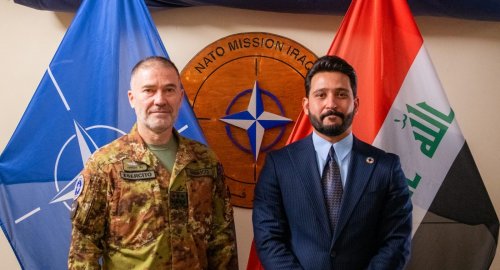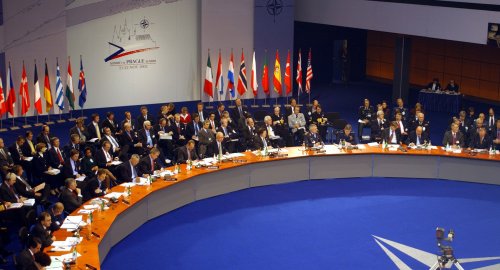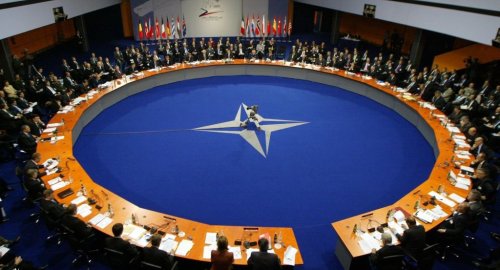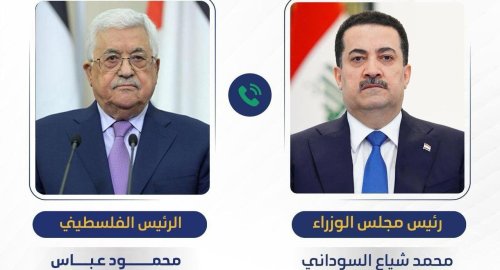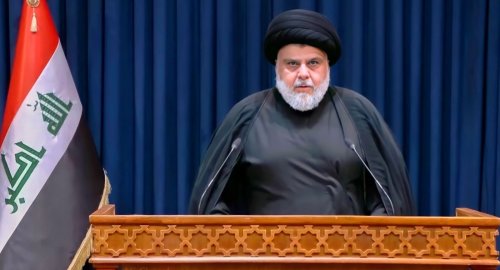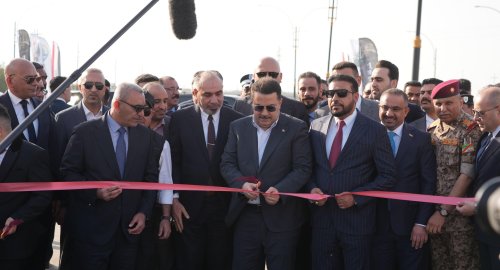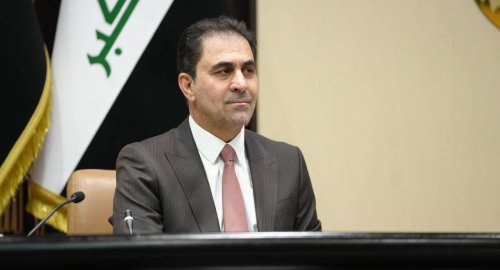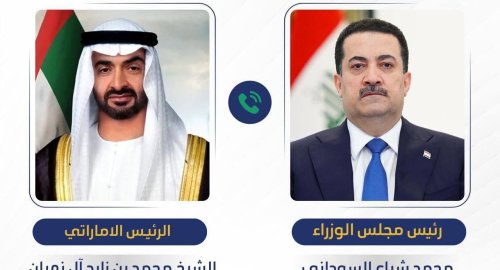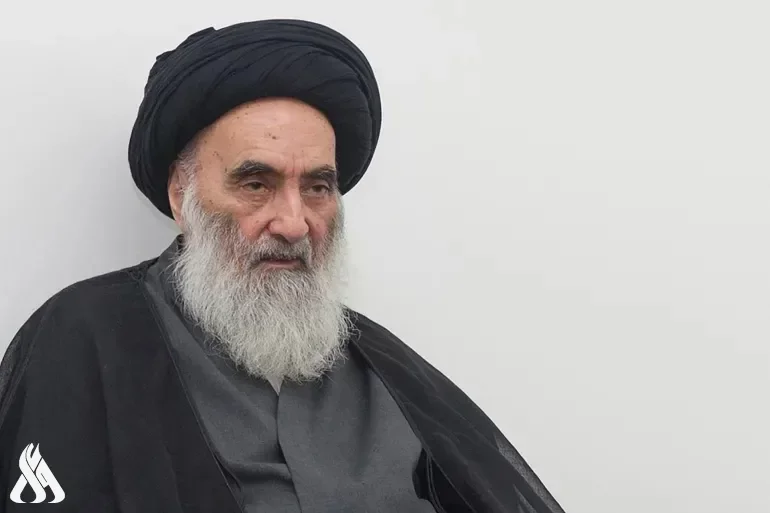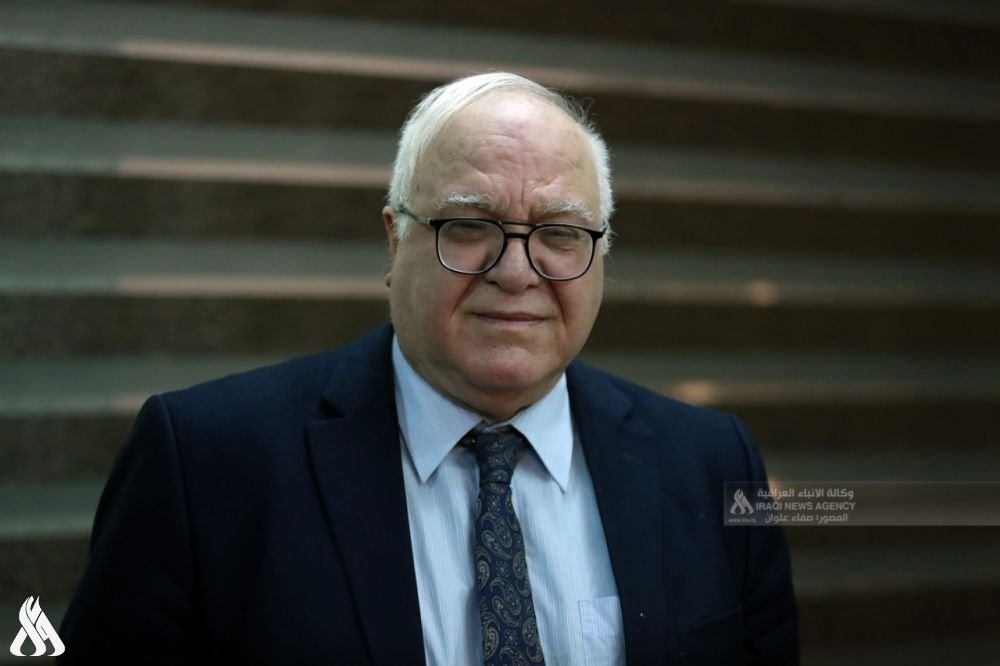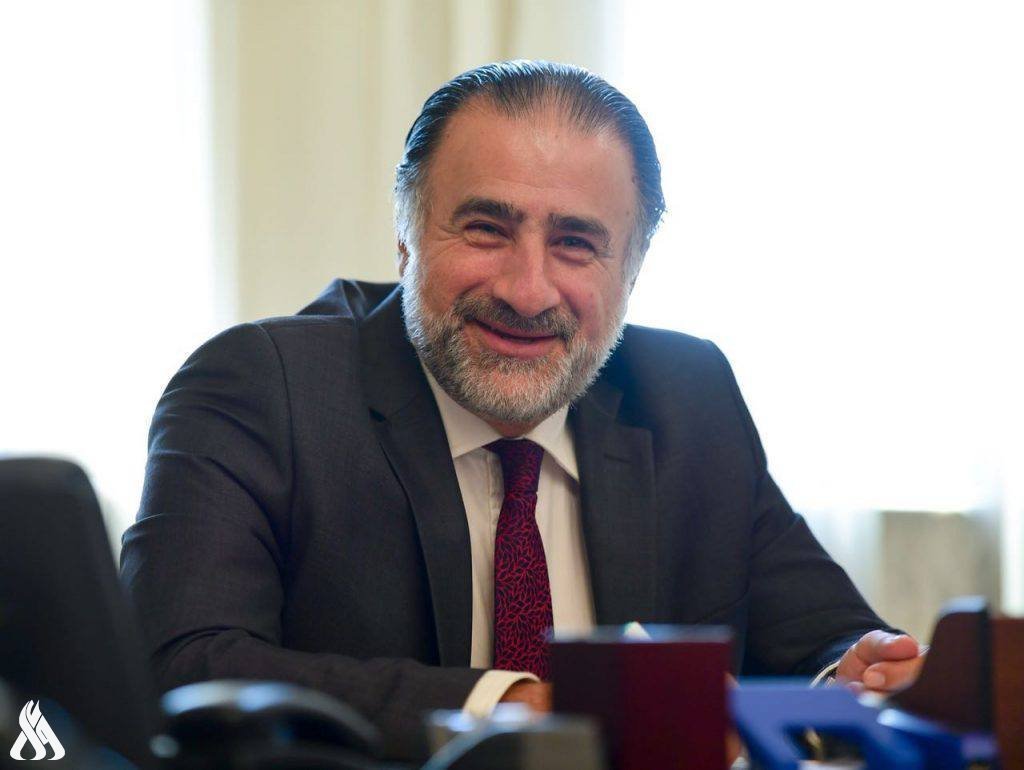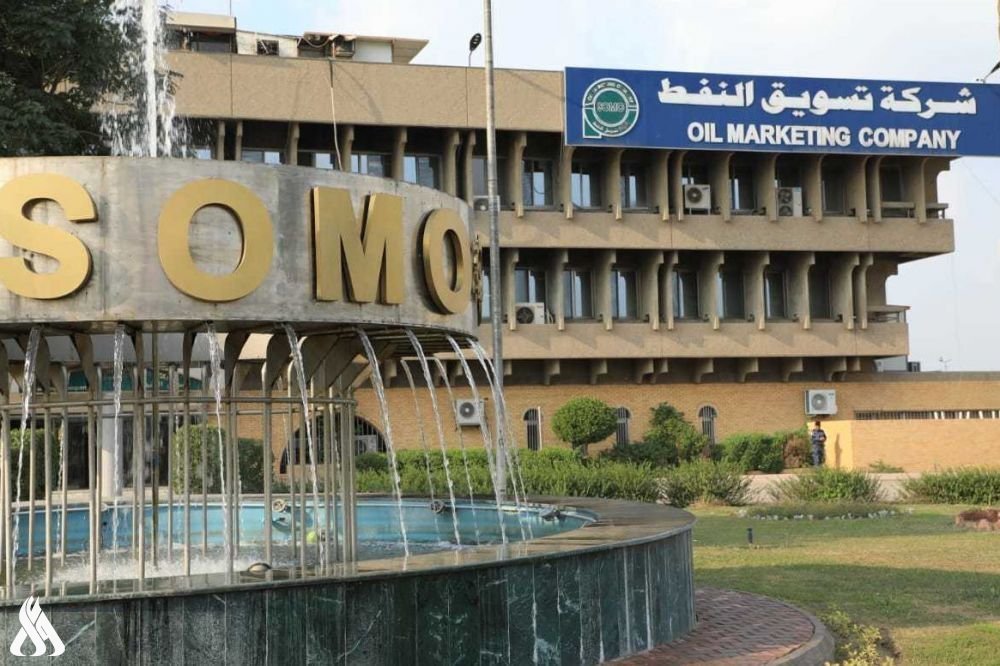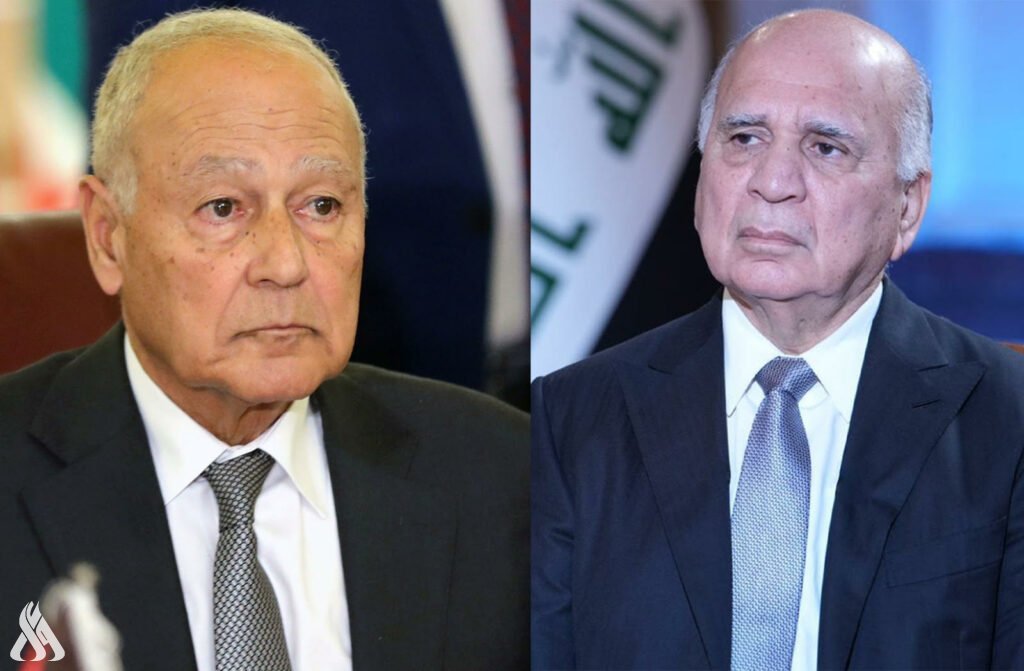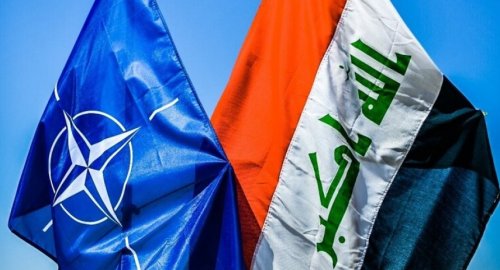
In details, NATO tasks and the cooperation with the Iraqi government

- 26-10-2022, 20:33
Baghdad-INA- Harith Al-Abadi
North Atlantic Treaty Organization – NATO clarified the new strategic concept of the alliance and the time scope of its tasks in the country.
"NATO is fully committed to its ongoing work in Iraq, particularly via NATO Mission in Iraq, also known as NMI. It is currently commanded by the Italian Lieutenant General Giovanni Iannucci,” said NATO Assistant Secretary-General for Operations, Thomas Goffus, during an interview with the Iraqi News Agency – INA.
NATO missions in Iraq
“It is important to highlight the NATO Mission in Iraq, which was dispatched at the request and invitation of the Government of Iraq in 2018. The mission in Iraq is a non-combat advisory mission, which helps Iraq build more sustainable, transparent, inclusive as well as effective institutions and security forces. It enables Iraqis to achieve stability in their country, fighting terrorism and preventing the return of the terrorist Daesh,” he highlighted.
He added, "To achieve this, the NATO mission advises relevant Iraqi defense and security officials in the Ministry of Defense, the Office of the National Security Adviser and the Prime Minister's National Operations Center. The mission also provides advice to professional military education institutions in Baghdad."
“The Iraqi authorities have identified a number of basic objectives for cooperation with the NATO mission in Iraq, which include security education, logistics, cyber defense, women, peace and security, as well as good governance. The provision of weapons is not included in the NATO mission in Iraq," he noted.
He included, "Iraq's partnership with NATO also provides additional opportunities for Iraq to enter into a partnership with 30 countries and three partners who make up the troop-contributing countries of the NATO mission in Iraq."
"The most important advantage provided by the NATO mission in Iraq is the role of advising Iraqi security forces and institutions in accordance with the agreement with the Iraqi government," he noted, adding "the NATO mission in Iraq currently does not provide weapons and remains a non-combat mission currently, and the mission focuses on a number of one of the areas agreed upon with our Iraqi counterparts, with the aim of making the country's security forces and institutions more effective and sustainable in long term.”
The importance of NATO missions in Iraq
"NATO's mission is important to Iraq, because it responds to the request of the Iraqi government, supports the Iraqi security forces and institutions, and enhances Iraqi sovereignty by being based on Iraqi approval. In the end, we have strong faith that Iraqi-led security helps build stability in the region, and helps us all be safer,” said Goffus.
He noted that "NATO mission provides the alliance with advice and capacity building skills so that the Iraqi security institutions and forces can enhance their efforts against terrorism, by developing effective and sustainable national security forces, institutions and structures."
"We advise senior leaders, share best practices and experiences, support Iraqi-led processes for budget allocation and programming, combat corruption, and enable organizational modernization, as well as support for increasing the role of women, as an integral part of the efforts provided. NATO mission in Iraq provides advice at the institutional level, such as the Ministry of Defense and higher military education centers and academies,” he explained.
Tasks Expansion
Goffus pointed out, “In February 2021, at the request of the Iraqi government, NATO defense ministers decided to expand the mission. This expansion will be gradual at the request of Iraq and with the full approval of its government. It is to be conducted with full respect for the sovereignty and territorial integrity of Iraq.”
"Currently, several hundred from 30 NATO members and three partner countries (Australia, Finland and Sweden) have been assigned to the NATO Mission in Iraq, and the expansion will continue, building on their successful work under our mission. Our focus is now on the daily implementation of our mission in this regard, as one of the first and most important accomplishments achieved by our mission in cooperation with Iraqi colleagues, was the agreement of the basic objectives of cooperation between the Iraqi side and the NATO mission in Iraq. This allows us to align our expertise with areas that our Iraqi partners have identified it as areas in need of improvement," he explained.
He added, "So far, these areas include security education, logistics, cyber training, methodological training, and the development of non-commissioned officers. Our cooperation also focuses on developing important institutional concepts, such as accountability and the ability of different services to work together in a coordinated and effective manner."
Time scope of NATO mission in Iraq
"Our mission is based on circumstances and does not include a predetermined end date. We will continue to work at Iraq's request and in full respect of Iraq's sovereignty and territorial integrity," he clarified.
Goffus added, "Any future expansion of the mission will depend on Iraq's request and on a NATO decision taken by all allies represented in the North Atlantic Council, which is NATO's decision-making body."
He expressed his hope that "cooperation and coordination with Iraqi counterparts will continue to accomplish the excellent work that has already been achieved," stressing that "NATO remains committed to mandating the mission in Iraq for a stable and secure future for Iraq."
Joint cooperation scope
"The level of our cooperation is excellent and of course, we continue to adapt the partnership and search for more opportunities. We welcome the support of the Iraqi government and strong cooperation across a set of goals jointly identified by NATO and Iraq,” Goffus highlighted.
He welcomed the new Iraqi President Abdul Latif Rashid's post, expressing his "looking forward to the continuation of the excellent cooperation between NATO and Iraq."
"NATO will continue to support the Iraqi efforts to achieve stability in Iraq, countering terrorism and preventing the return of Daesh. The primary objective of the NATO mission in Iraq is to support Iraqi institutions and operations so that the entire Iraqi security and defense sector becomes more effective and sustainable. And, as stressed by the ministers at their meeting earlier in October, we remain deeply committed to closely ongoing work with our Iraqi partners in areas such as counterterrorism and capacity building.” he stressed.
NATO's new strategic concept
Goffus said that NATO'S leaders "adopted a new strategic concept at Madrid summit, last June. This strategic concept is one of the most important for the alliance as it sets the alliance's priorities, basic tasks, and approaches for the next decade."
"This describes the security environment facing the Alliance, reaffirms our values, clarifies NATO's primary goal of ensuring our collective defense, and states that climate change is the challenge of our time," he stressed.
He noted that "Iraq ranks fifth in the list of countries most affected by climate change, according to the United Nations," noting that "Iraq suffers from long droughts, and increasingly frequent dust storms as NATO is ready to discuss ways of cooperation on this important issue with the Iraqis counterparts."
"NATO is committed to playing its role in reducing the impact of climate change on our security at the Madrid Summit, and the Allies agreed on a new method for mapping greenhouse gas emissions from military practices and setting concrete targets to reduce NATO emissions," he stated.
He added, “Our goal is to reduce emissions by NATO bodies and orders, at least 45% by 2030, and move towards reducing it to zero by 2050. Our analysis shows that we can aim for reductions of about 4% on an annual basis, which is an important step for our alliance."
"We cannot choose between having green armies and strong armies. Both concepts must be combined as one, and we must maintain our operational effectiveness and readiness while continuing to adapt," concluded Goffus.
Al-Sistani: Tomorrow, the 29th of Ramadan
- Local
- 25/03/29
SOMO: Iraq has the fourth-largest proven oil reserves in the world
- Economy
- 25/03/26
